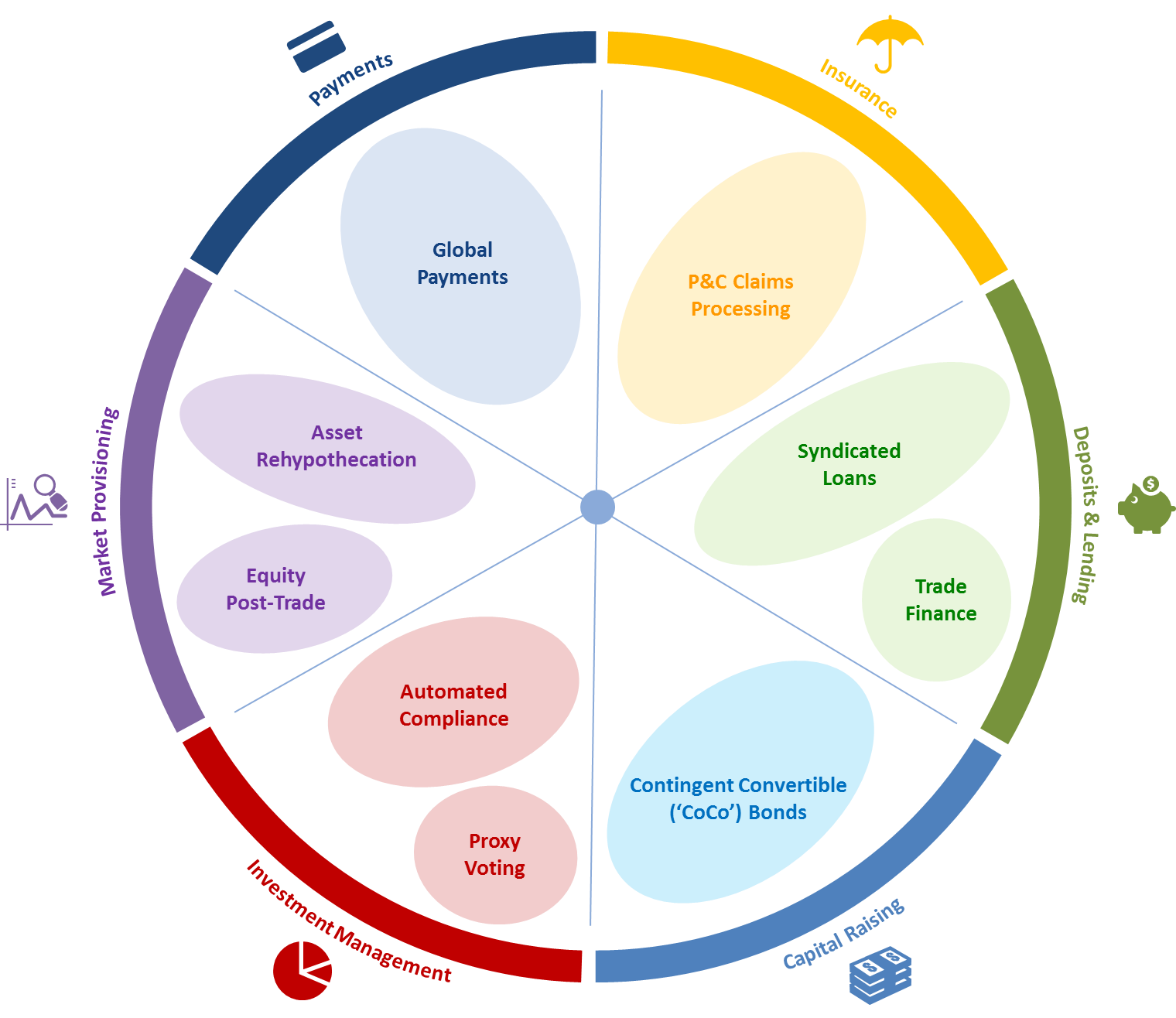Blockchain Will Become ‘Beating Heart’ of the Global Financial System
Peter Vanham, US Media Lead, Public Engagement, Tel.: +1 646 592 5907, E-mail: pvan@weforum.org
- Blockchain, the technology behind bitcoin could profoundly alter the way banks do business worldwide, lowering their operating costs and making financial services securer and more accessible, a World Economic Forum report finds
- Technology could lead to lower fees for consumers, better regulatory oversight and better preparedness against financial bubbles, but impact is likely to be mostly limited to the back-end of banking operations, with major disruption through innovations such as bitcoin less likely to transform the industry
- Collaboration between competing financial institutions will be required to overcome early challenges associated with the technology and ensure that full economic and social benefits are realized
- For the full report, click here
New York, USA, 12 August 2016 – Blockchain will fundamentally alter the way financial institutions do business around the world, according to a new World Economic Forum report, The future of financial infrastructure. However, the effects will be hidden, coming from new processes and architecture based on blockchain rather than radical fintech innovation or new currencies such as bitcoin.
The report focused on nine individual uses of blockchain across six separate activities in financial services – insurance, payments, market provisioning, investment management, capital raising, and depositing and lending – to build a picture of how processes in each could be transformed by the technology. It also considers how other emerging technologies in the industry, such as biometrics, cloud computing, cognitive computing, machine learning, quantum computing and robotics, will combine with blockchain to drive further transformation.
Use cases

Some of the processes the report found would be replaced by blockchain include bread-and-butter activities of financial institutions, such as:
- International payments and wire transfers, which currently involve a lot of manual steps and fees ciated
- Rehypothecation, or the repackaging of mortgages, which caused the last global financial crisis ciated ·
- Compliance reporting of banks to regulators, currently a long and ineffective process .
With blockchain promising to simplify back-end banking processes, making them cheaper, securer and more accessible, one area where it could have a profound impact is in creating an inter-bank, blockchain-based fiat currency to streamline the arduous process for transferring money, as illustrated below. Such process innovation would cause blockchain technology to enter the finance bloodstream.
Transfer money process, current (left) and future (right) state

“Rather than stay at the margins of the finance industry, blockchain will become the beating heart of it,” said Giancarlo Bruno, Head of Financial Services Industries, World Economic Forum. “It will help build innovative solutions across the industry, becoming ever more integrated into the structure of financial services, as mainframes, messaging services and electronic trading did before it.”
Blockchain could thus redraw the structure of financial institutions and the back-end of services as we know them today. Blockchain could allow consumers to pay less for all kinds of financial activity, from international payments to the trading of stocks and bonds. It could also give regulators new capabilities, allowing them to stop regulatory violations before they start and to watch more effectively for warning signs of financial crises.
However, Bob Contri, Global Financial Services Industry leader, Deloitte Global, and a co-sponsor of the report, said competing financial institutions will need to come together to achieve these results. “Before full adoption is possible, there are factors that need to be addressed, including an uncertain regulatory environment, lack of standardization efforts and the need for a formal legal framework,” he said.
Similar to any technological innovation, blockchain comes with a set of risks that must be considered, the report also notes. These include errors in the design, malicious autonomous behaviour as a consequence of human decisions, and potential gaps in security across all inputs and outputs. Challenges such as these must be overcome if the economic and social benefits of blockchain are to be realized.
About the report: The report is the most recent phase of the Forum’s ongoing Disruptive Innovation in Financial Services project. It draws on over 12 months of research, engaging 200-plus industry leaders and subject matter experts through interviews and multistakeholder workshops.
Further quotes:
“While there is no doubting the transformative potential of blockchain technology, it is not a blanket cure for inefficiency in financial services. At this stage of evolution, the critical task is knowing where to focus your efforts. Blockchain will have the greatest impact when applied to business problems involving a shared repository of information, multiple writers, minimal trust, the presence of intermediaries and interdependencies between transactions. Without these conditions, blockchain may not be the answer,” said Rob Galaski, Partner, Deloitte.
“The financial services infrastructure will be radically changed by blockchain technology. It will redraw processes and call into question policies that are the groundwork of today’s business models,” said Jesse McWaters, Project Lead, Disruptive Innovation in Financial Services, World Economic Forum. “Our research looks to the future state of blockchain technology and by starting this conversation we believe this will help further build perspective for what is to come.”
Notes to Editors:
More information about the World Economic Forum at www.weforum.org
View the best Forum Flickr photos at http://wef.ch/pix
Watch live webcasts of sessions at http://wef.ch/live
Become a fan of the Forum on Facebook at http://wef.ch/facebook
Follow the Forum on Twitter at http://wef.ch/twitter and http://wef.ch/livetweet
Read the Forum Agenda at http://wef.ch/agenda
Subscribe to Forum news releases at http://wef.ch/news